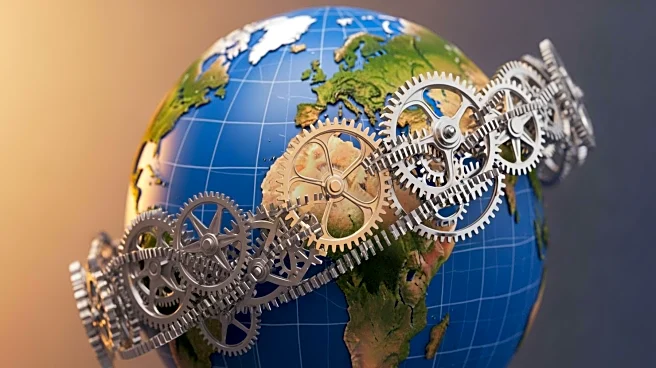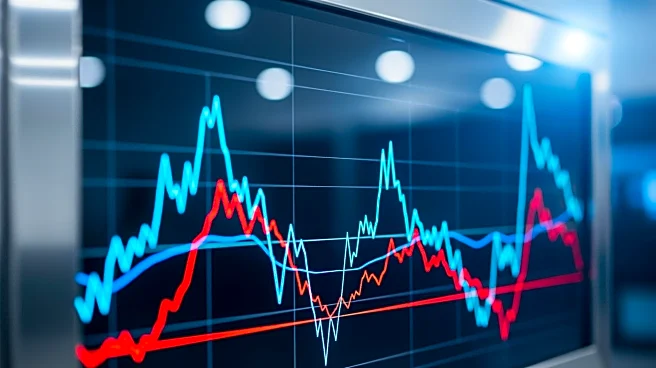What's Happening?
Russia’s invasion of Ukraine is an unmitigated catastrophe for global peace and particularly for peace in Europe. The war compounds preexisting adverse global economic trends, including rising inflation,
extreme poverty, increasing food insecurity, deglobalization, and worsening environmental degradation. The apparent end to the peace dividend that has long helped finance higher social expenditures could prove challenging even in advanced economies. War-torn Ukraine is in severe economic distress, with destruction of physical capital and millions fleeing the country. Fuel and food shortages caused by the war are exacerbating post-pandemic inflation that had already reached multi-decade highs in most of the world.
Why It's Important?
For fiscal policy, the short-term implications of the Ukraine war for advanced economies are modest compared with pandemic-era stimulus programs. However, the cumulative long-term effects of a fading peace dividend could prove larger than most governments have acknowledged. Europe could end up raising defense spending by 1 percent of GDP annually, if not more. Risks of deglobalization have risen markedly since the invasion of Ukraine. Already after the start of the pandemic, there was much discussion of making supply chains more resilient and trying to rely less on imports for public health necessities.
What's Next?
The chaotic US retreat from Afghanistan and the horrific spectacle of war in Ukraine have many countries reevaluating their defense needs. Deglobalization would surely be a huge negative shock for the world economy. Whether long-term effects could be as severe is less well understood. The substantial trade literature on this topic yields surprisingly small estimates. Canonical quantitative trade models yield an estimate of about 2–3 percent lower GDP for the United States and perhaps 3–4 percent for China.
Beyond the Headlines
Returning to inflation, there is a strong case to be made that globalization is the secret sauce that made the job of bringing down inflation immensely easier in the 1990s and 2000s, so that deglobalization could easily exacerbate upward inflation pressures for an extended period.









